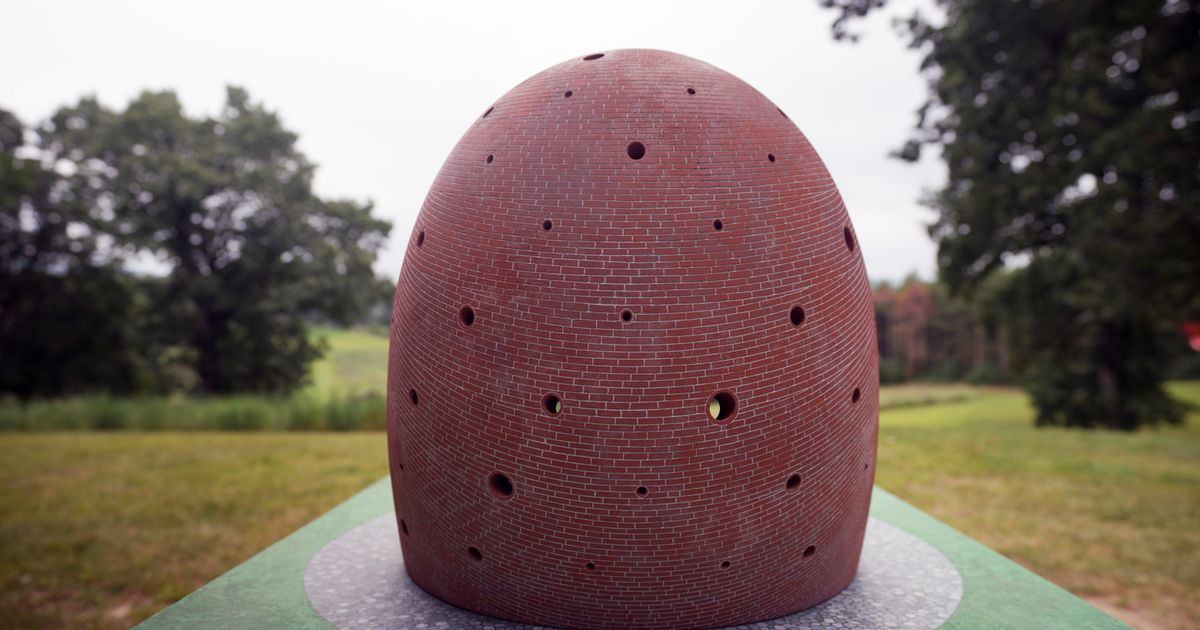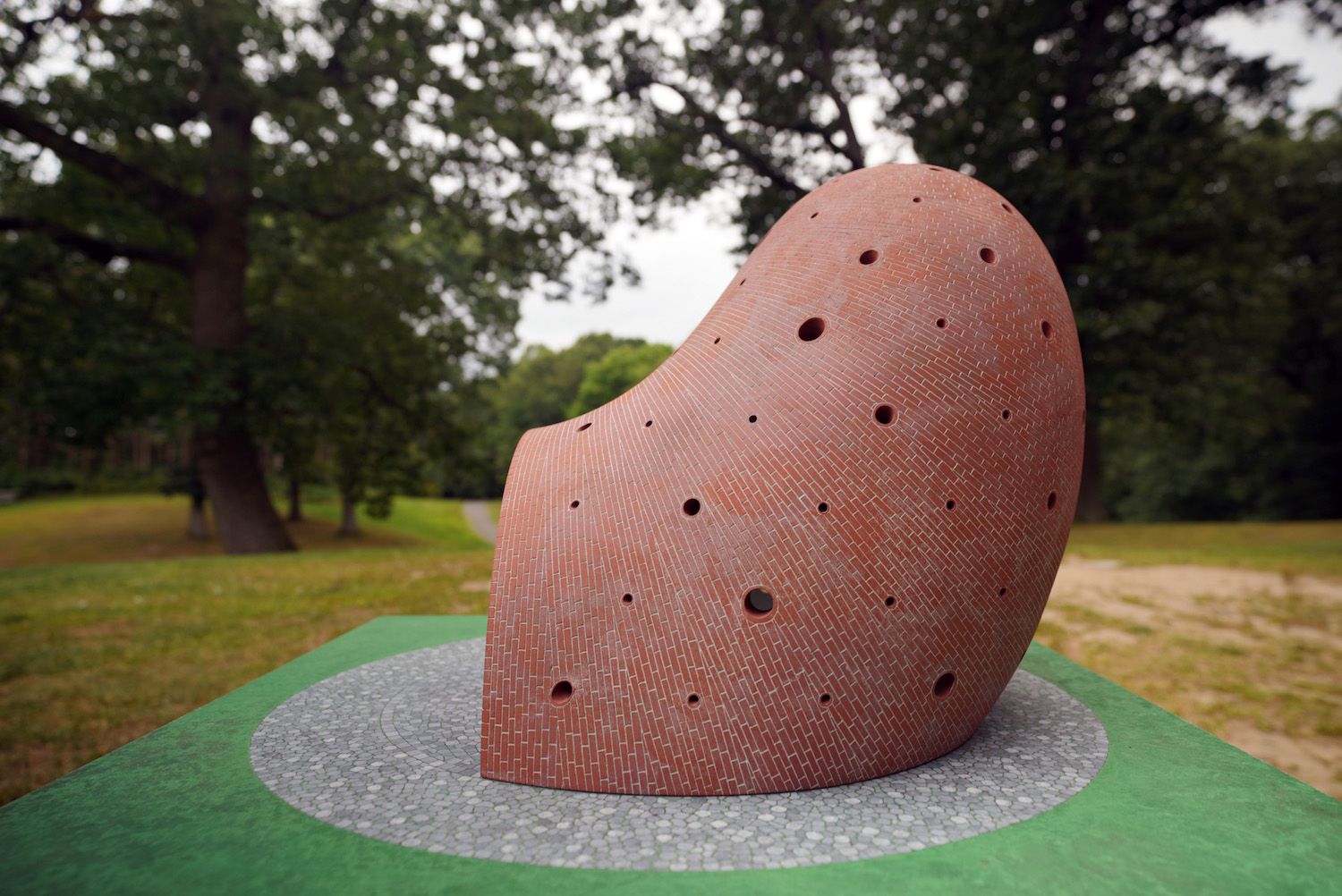
The renowned American sculptor Martin Puryear—the US representative of the 58th Venice Biennale—has been commissioned to create a site-specific sculpture for the Storm King Art Center in upstate New York. The still-untitled work is due to be unveiled in 2023, coinciding with an expansive exhibition devoted to his outdoor sculptures.
The 20 ft-tall curved brick structure, which aims to subvert the common utilitarian use of the ubiquitous material, will be installed on the northern grounds of the 500-acre sculpture park. The commission marks the first time Puryear, who is best known for his minimalist wooden and steel sculptures, will work with brick as a material, a medium that “speaks to something timeless”, the artist says in a statement.
He adds, “This work is different for me because it is permanent, and I’m taking the idea of permanence seriously—from the materials I proposed to work with and the methodology I’m trying to employ.”

The dome-like sculpture consists of nine segments and measures 19 ft in diameter, and could provide a shelter for visitors—as well as the wildlife that roam the grounds year-round. Like much of the artist’s deeply referential work, its design is rich in historical and contemporary references, from Nubian vault-building techniques, an ancient building technique using mud bricks and other raw materials, to the brick-and-stone Seventh Regiment Armory on the Upper East Side in Manhattan.
The work will join more than 100 permanent sculptures at the popular art centre, including pieces by Alexander Calder, Isamu Noguchi and Henry Moore. Storm King’s president, John Stern, says the work will be “uniquely engaging—not just in material and scale, but also as a work that reveals itself to people in long views, up close, and from within as they walk inside and gaze back onto the landscape”.
He adds, “Martin is one of the most important sculptors working today [and] this ambitious project will have an enduring impact on generations of visitors to come.”
Source link : https://www.theartnewspaper.com/news/martin-puryear-to-create-permanent-sculpture-for-storm-king-art-center












